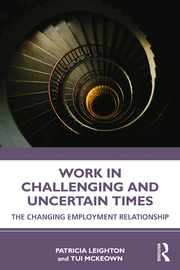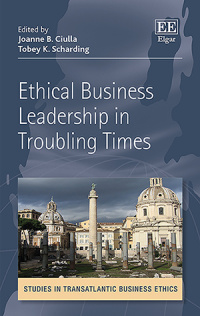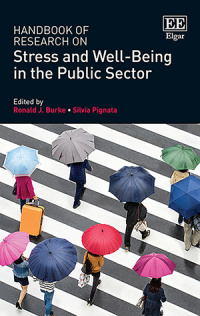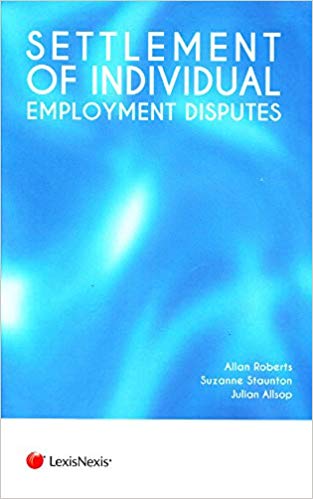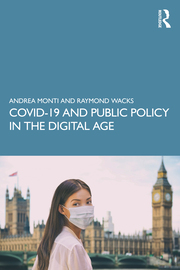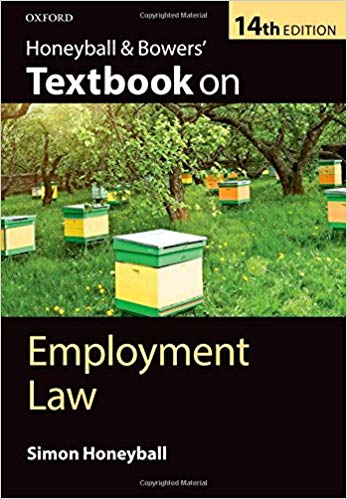Description
This book was written as the Coronavirus (COVID-19) pandemic began to have a devastating effect on employment across the globe. The crisis has served to highlight many deepseated, often longstanding challenges to employment relationships. These include uncertainties and fears about the impact of technological advances, concerns about safety and wellbeing and controversies around emerging business and employment models. It is difficult to avoid the fear that the combination of these and other practices will lead to a ‘race to the bottom’. The book calls for a radical rethink and reassessment of the core values underlying employment relationships.
In Work in Challenging and Uncertain Times, the authors take a refreshingly realistic view of how contemporary work relationships are managed and look to how they will need to change in the future. Some key questions are posed, such as ‘who is the employer in complex skills supply chains?’; ‘how do we ensure a skilled workforce in a context of fragmentation and increasing individualization?’; ‘in a context of AI, robots etc., what does it mean to be human?’ and ‘how do we achieve change and improvement’?
Based on extensive research presented in an accessible and engaging style, the book provides insights valuable to students of employment relationships, HRM and employment law as well as to practitioners and policy-makers. It draws on a range of academic disciplines and thoughts from interviews with key practitioners and commentators on workplace as well as students.
Table of Contents
1. Setting the Scene: Dark Forebodings
2. Voices from the Past
3. Gameplayers and Stakeholders
4. Fragmentation, Inequalities and Tensions: How are Organisations Responding?
5. Skills, Training and Development: Opportunities or Crisis?
6. Workeing Well? The Importance of Health and Wellbeing at Work
7. Regulating Employment Relationships
8. ‘So what to do?’
